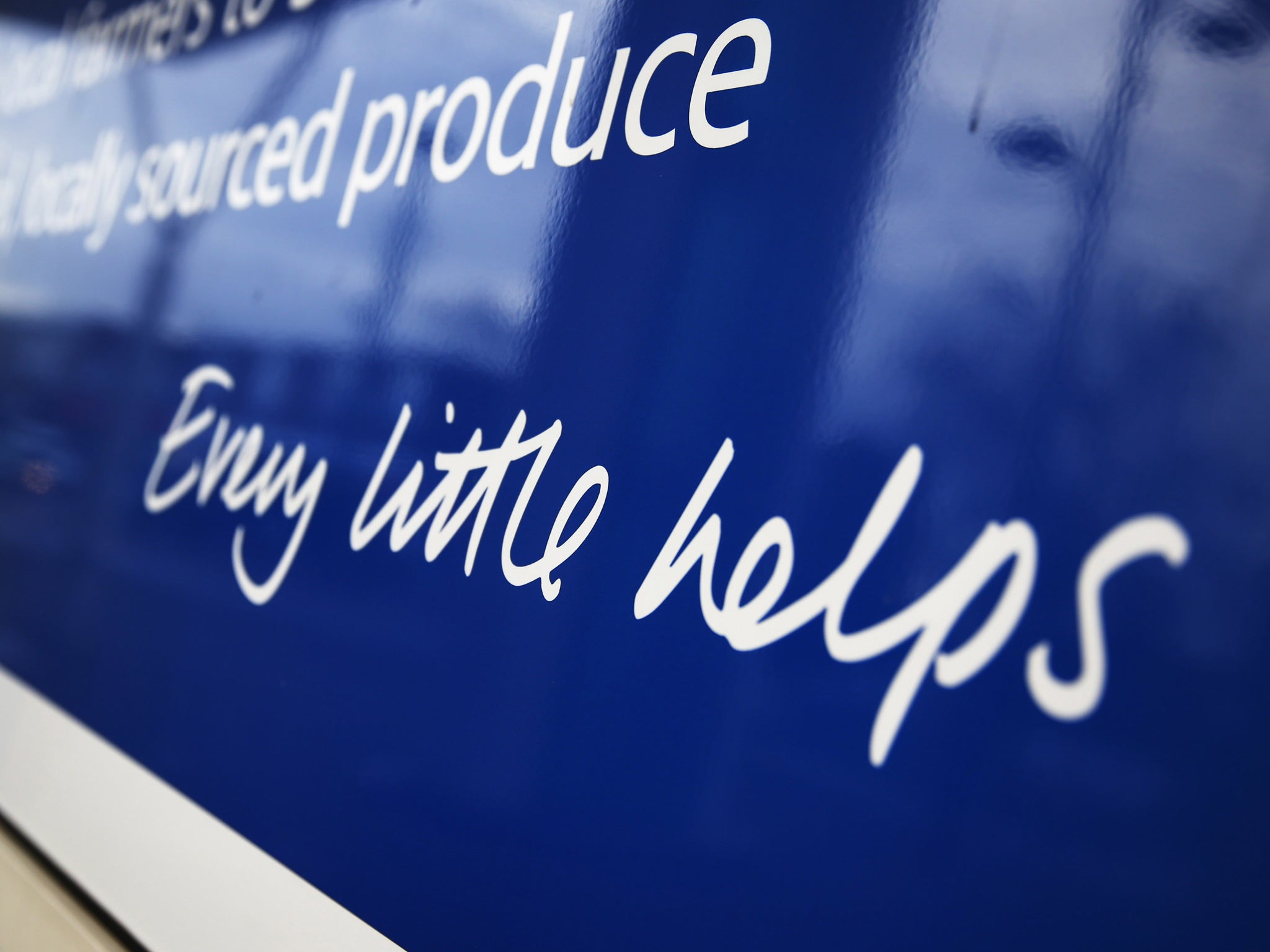Tesco profit probe: There is something very suspicious - and you can't blame this one on Aldi or Lidl
This isn’t the fault of Aldi or Lidl, or austerity Britain, or recession in Europe. This is to do with Tesco’s own housekeeping.

My first reaction on hearing Tesco had overstated profits by £250 million and suspended four executives, including UK head Chris Bush, was one of suspicion.
Bush and the former group chief executive Phil Clarke were close, having worked together in Asia. No sooner was Clarke ousted and Dave Lewis installed from Unilever than speculation was rife within Tesco headquarters that the knives were out for his sidekick.
Plus, a new chief executive often paints the bleakest picture possible of the business he or she has inherited. They have a brief window in which to rubbish the former regime before they’re expected to perform themselves. The worse they make it appear, the better they later seem. So an accounting error and the convenient targeting of Bush had a ring of predictability.
Or at least it would have done, but for the fact that there were no murmurings of bad news coming so shares fell a calamitous 10 per cent; if Lewis wanted Bush out, there are easier, less damaging ways of achieving it; and perhaps most tellingly of all, the disclosure began with a whistle-blower alerting the group’s general counsel. Neither does this appear to be the end — Lewis is warning that the ensuing investigation could go back years.
We got used, in the Clarke era, to Tesco’s blaming everybody but itself for its lacklustre performance. But this profit warning is entirely different. This isn’t the fault of Aldi or Lidl, or austerity Britain, or recession in Europe. This is to do with Tesco’s own housekeeping.
The issue centres on Tesco’s deals with its suppliers. Analysts had already been questioning how it was that Tesco could maintain its UK trading margin when sales were falling and costs were rising.
One theory was that Tesco was squeezing manufacturers, using lower commodity prices to demand bigger discounts or making deductions before settling their bills.
Such behaviour, while raising eyebrows, would be in keeping with Tesco’s reputation for toughness in its handling of suppliers. For their part, the manufacturers, if they wanted to keep trading with Britain’s biggest supermarket group, would have had little choice other than to try to negotiate or to accept the variation.
It’s clear now that much is wrong internally at Tesco. Today’s comment from chairman, Sir Richard Broadbent, that “things are always unnoticed until they’re noticed” smacks of the former US Defense Secretary Donald Rumsfeld and his “known unknowns”. It did not inspire confidence then either.
Join our commenting forum
Join thought-provoking conversations, follow other Independent readers and see their replies
Comments
Bookmark popover
Removed from bookmarks